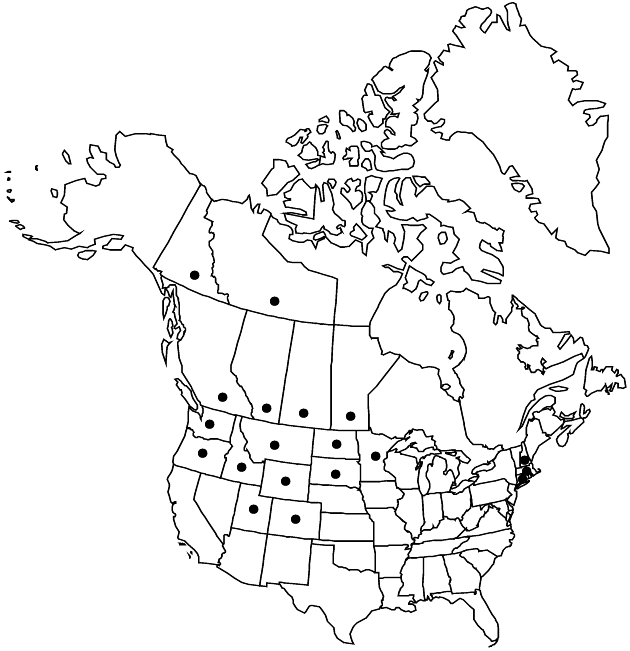Difference between revisions of "Gaillardia aristata"
Fl. Amer. Sept. 2: 573. 1813.
FNA>Volume Importer |
imported>Volume Importer |
||
| (3 intermediate revisions by 2 users not shown) | |||
| Line 6: | Line 6: | ||
|place=2: 573. 1813 | |place=2: 573. 1813 | ||
|year=1813 | |year=1813 | ||
| + | }} | ||
| + | |special_status={{Treatment/ID/Special_status | ||
| + | |code=F | ||
| + | |label=Illustrated | ||
| + | }}{{Treatment/ID/Special_status | ||
| + | |code=E | ||
| + | |label=Endemic | ||
}} | }} | ||
|basionyms= | |basionyms= | ||
| Line 31: | Line 38: | ||
-->{{#Taxon: | -->{{#Taxon: | ||
name=Gaillardia aristata | name=Gaillardia aristata | ||
| − | |||
|authority=Pursh | |authority=Pursh | ||
|rank=species | |rank=species | ||
| Line 45: | Line 51: | ||
|publication title=Fl. Amer. Sept. | |publication title=Fl. Amer. Sept. | ||
|publication year=1813 | |publication year=1813 | ||
| − | |special status= | + | |special status=Illustrated;Endemic |
| − | |source xml=https:// | + | |source xml=https://bitbucket.org/aafc-mbb/fna-data-curation/src/2e0870ddd59836b60bcf96646a41e87ea5a5943a/coarse_grained_fna_xml/V19-20-21/V21_1059.xml |
|tribe=Asteraceae tribe Heliantheae | |tribe=Asteraceae tribe Heliantheae | ||
|subtribe=Asteraceae (tribe Heliantheae) subtribe Gaillardiinae | |subtribe=Asteraceae (tribe Heliantheae) subtribe Gaillardiinae | ||
Latest revision as of 20:07, 5 November 2020
Perennials (sometimes flowering first year), 20–80 cm. Leaves basal and cauline or cauline; petiolar bases 5–15 cm; blades oblanceolate to lanceolate, 5–15 cm × 5–30(–40) mm, margins raggedly pinnately lobed to toothed or entire, faces scabrellous and/or sparsely to densely villous (hairs jointed). Peduncles (5–)20–35+ cm. Phyllaries 24–40+ ovate to lance-attenuate, 10–15+ mm, ciliate with jointed hairs (also strigose and gland-dotted). Receptacular setae 2–6 mm. Ray florets (6–)12–18+; corollas yellow or yellow/purple, rarely tubular and 5-lobed, usually distally laminate and 3-lobed, 15–35+ mm. Disc florets 60–120+; corollas usually purple or purple-tipped, sometimes yellow, tubes 0.5–1.5 mm, throats cylindric to urceolate, 4.5–5.5 mm, lobes lance-ovate to triangular-attenuate, 1–2 mm, jointed hairs 0.3+ mm. Cypselae clavate (outer) to obpyramidal (inner), 2.5–6 mm, hairs 1.5–2.5 mm, inserted at bases; pappi of 8 ovate to lanceolate, aristate scales 5–6 mm (scarious bases 1.5–3 × 0.4–1.5 mm). 2n = 34, 68.
Phenology: Flowering May–Sep.
Habitat: Open places, usually among aspens or pines, or with sagebrush, often dry, sandy benches or bars
Elevation: 200–2900 m
Distribution

Alta., B.C., Man., N.W.T., Sask., Yukon, Colo., Conn., Idaho, Mass., Minn., Mont., N.H., N.Dak., Oreg., S.Dak., Utah, Wash., Wyo.
Discussion
Selected References
None.
